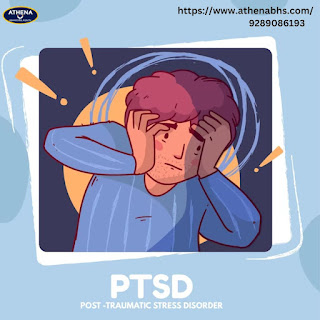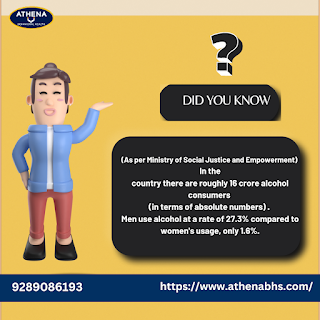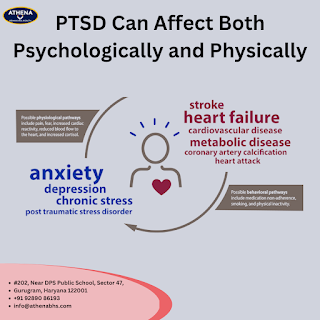People with obsessive-compulsive disorder (OCD) experience recurrent, unwelcome thoughts, ideas, or feelings (obsessions). They feel compelled to perform something repeatedly in order to get rid of the thoughts (compulsions). A person's everyday tasks and social interactions can be seriously hampered by repetitive habits like hand washing/cleaning, checking on things, and mental acts like (counting) or other activities.
You might be wondering what your future holds if you or a loved one has been given an obsessive-compulsive disorder (OCD) diagnosis. You can surely lead a regular and successful life if you have OCD. Treating your OCD necessitates a focus on daily coping rather than an ultimate solution, similar to managing any long term illness.
This entails having a thorough understanding of your condition in real terms. Check your knowledge of the following questions, like the exact symptoms you have , what prevents these symptoms from getting worse and what time of the day the symptoms gets worse and when it gets worse which coping mechanisms are effective for you ?
Being able to respond to these questions is crucial to controlling your OCD and allowing you to focus your time and energy on the activities you actually want to engage in, such as spending time with family, friends, romantic partners, colleagues, students, or hobbies.
For some OCD sufferers, shame lingers in the background all the time. It could be brought on by a particular idea or deed, or it might be more all-encompassing and generic.
OCD can cause feelings of shame in a variety of ways. Through intrusive thoughts is one way. Unwanted and frequently upsetting thoughts that enter your head against your will are called intrusive thoughts. Although they might be about anything, taboo subjects like sex, violence, or religion are frequently discussed in them.
Compulsive actions are another way that this concern can make a person feel ashamed. The recurrent actions you feel forced to perform in order to calm your anxiety are known as compulsive behaviors. They could be physical, like counting or repeating words, or mental (such as washing one's hands).
Take into account by keeping a journal for a few weeks with these concerns in mind if you are unsure of the answers to these queries, by noting it down. This journal should help you have a much clearer grasp of how OCD affects you specifically because OCD is unique for everyone.
You should seek help from a qualified mental health professional if you don't know where to start or feel that OCD has taken over your life. There is no need to suffer when there are excellent treatments available, such as psychotherapy and medication, that are successful for the majority of patients. Most people can use a combination of the two to significantly reduce their symptoms. Never hesitate to seek assistance.
If you have a friend or family member who has OCD, you might be worried about their condition and wondering what you can do to help. It's crucial to keep in mind that many OCD sufferers benefit from treatment and can master effective OCD symptom management with psychotherapy, particularly exposure and response prevention therapy (ERP) and cognitive-behavioral therapy (CBT).
It's critical to take responsibility for both your own and your loved one's mental health requirements so that you can assist him in improving rather than allowing him to stay where he is or possibly even deteriorate. For such situations reach out to mental health professionals in Gurgaon for the best treatment for Obsessive compulsive disorder. Athena Behavioral Health, a mental health rehabilitation center in Gurgaon where a team of mental health professionals curates a holistic plan for such concerns and the best experience of treatment is the prime goal which entails the trust towards mental health services.
Do you or someone you know struggle with mental health issues? Athena Behavioral Health is here to help. We are a comprehensive mental health practice that offers a full range of services, from individual therapy and group counseling to medication management and crisis intervention. Our team of experienced psychologists, psychiatrists, and counselors work together to provide personalized care tailored to each individual's needs. With our evidence-based practices, we can help you or your loved one get back on track and lead a healthier life.
Read More : Best De Addiction Centres in Delhi, Detox Centers in
India, Schizophrenia Treatment Centers in Gurgaon, Bipolar Treatment in
Gurgaon
%20.png)








